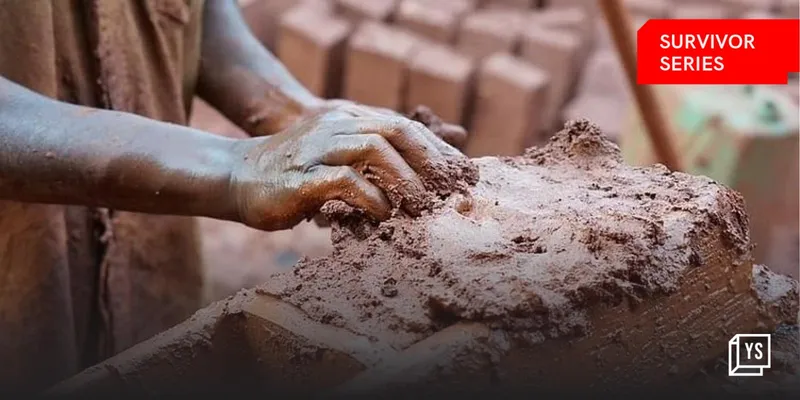From using tech to transform sanitation to revolutionising respiratory care, the top Social Stories this week
This week, SocialStory threw light on how the Toilet Board Coalition leverages tech to transform the sanitation sector, how AI is transforming healthcare, and women empowerment.
The adoption of technology across sectors has increased over the years -more so after the COVID-19 pandemic. It is no different in the social and development industry.
In a recent conversation with SocialStory, Venugopal Gupta, Managing Director of the Toilet Board Coalition (TBC), takes us through the need for technologies in the sanitation space, the economic potential, and the need for innovative solutions in the sector.
Meanwhile, SocialStory also focused on the different technologies used in the healthcare segment for treatments and diagnosis.
How Toilet Board Coalition leverages tech to transform the sanitation sector
In 2014, the Indian government launched the Swachh Bharat Abhiyaan to make toilets accessible to every Indian. Eight years hence, we have a broad variety of cutting-edge technologies helping with the smooth functioning of public and community toilets. But, the road is a long one.

Helping in this endeavour is The (TBC). Established in 2015, the group aims to create a ‘Sanitation Economy’—a marketplace estimated to be a $148 billion annual opportunity by 2030 in India alone. The private businesses-led membership organisation works towards achieving universal access to safe sanitation practices, products, and services.
The sanitation economy includes using smart digital technologies to deploy innovative, affordable, and climate-friendly sanitation systems and recovering biological resources within the circular economy.
Women from rural areas will play important role to make India a developed nation
"Women's freedom is the sign of social freedom," said Rosa Luxemburg.
Women are free human beings. They are not birds, so they can’t be caged. Today, women want to weave their own safety net, they prefer to step out, like to voice their opinion, want to enhance their skill sets, and love to learn, work, earn, grow, and live their dreams. After all, it’s a basic human right.

Image : Shutterstock
Women—no matter where they belong, whether urban, rural, or tribal—want to be changemakers. They are the nation’s soul, and that’s one of the key reasons the Indian government is persistently putting efforts toward women’s empowerment in all aspects.
I was a bonded labourer for almost 5 months
This week, in Survivor Series, Sunil Kumar Lahare shares his experience of being trafficked a decade ago and how he is working towards stopping such practices in the country now.

I am Sunil Kumar Lahare hailing from Barduli village in Chattisgarh. My family consists of my parents and my siblings four brothers and two sisters, most of whom are married.
My mother and father are uneducated and have been contractual farmers for a number of years even before any of us were born. They have gone to places like Haryana, Punjab, and Himachal Pradesh for work. Later, as children, we used to also join them.
In the year 2008, my family was trafficked. A person from our nearby village came and agreed to pay all our village expenses and assured us an advance of Rs 40,000 in return for work in Haryana where we were promised a good workplace, a shelter with proper food, water, and electricity.
How Artificial Intelligence is revolutionising respiratory care
Artificial intelligence (AI) in the near future has the capability of transforming the delivery of healthcare services.
With the growth in data and healthcare information from various electronic mediums, which is roughly estimated to be one billion gigabytes in the US alone and growing 48% annually, AI has the capability of integrating data related to genomics, medical imaging, and electronic health records and more.

For the pulmonologists, the COVID 19 pandemic has truly exposed the lacunae in the existing healthcare system and has made them believe that understanding and incorporating AI in clinical research and practice is the way forward. Deep learning, which is a subfield of AI wherein features needed for a particular task are automatically learned from the raw data provided, is gaining prominence.






